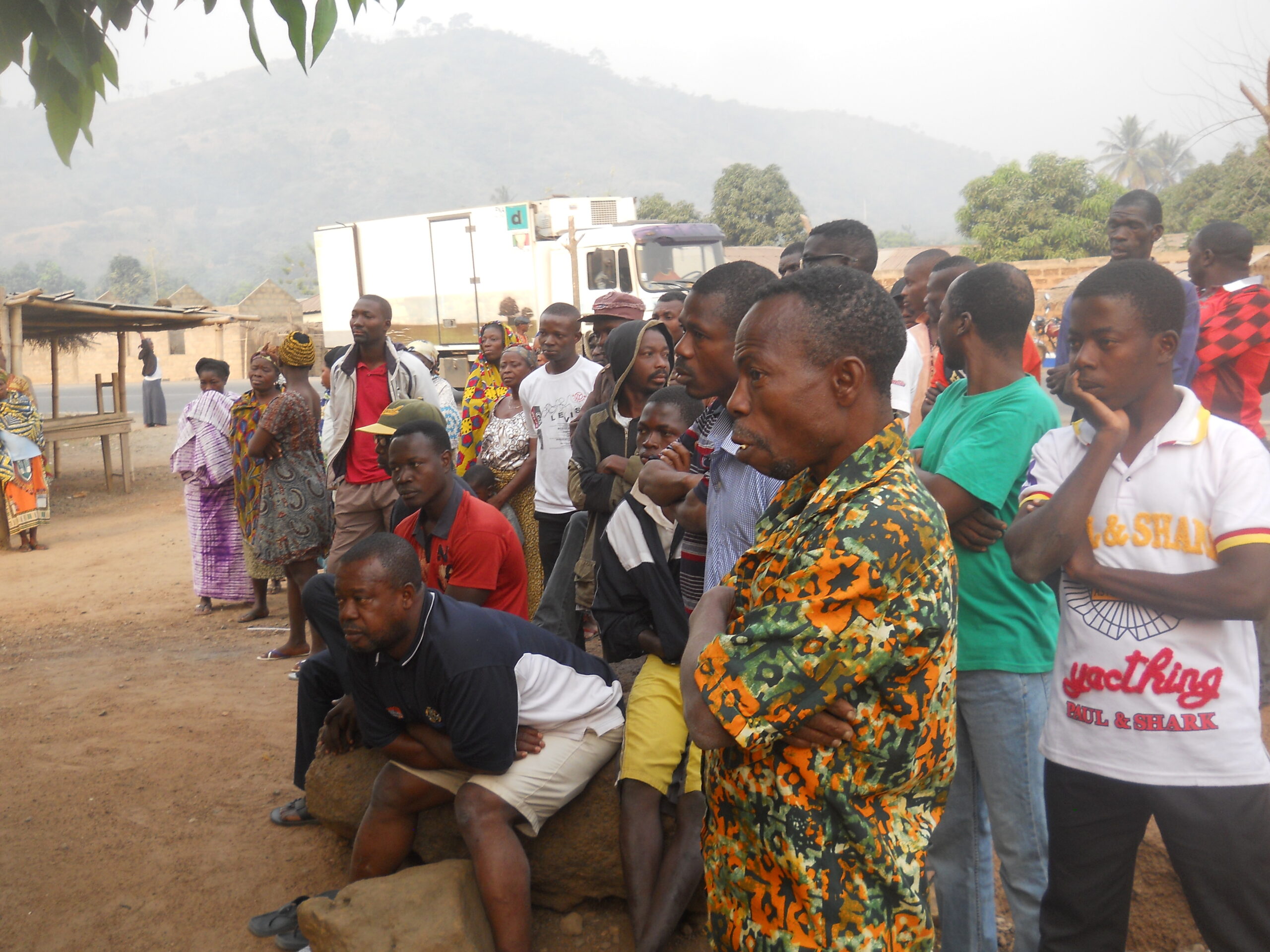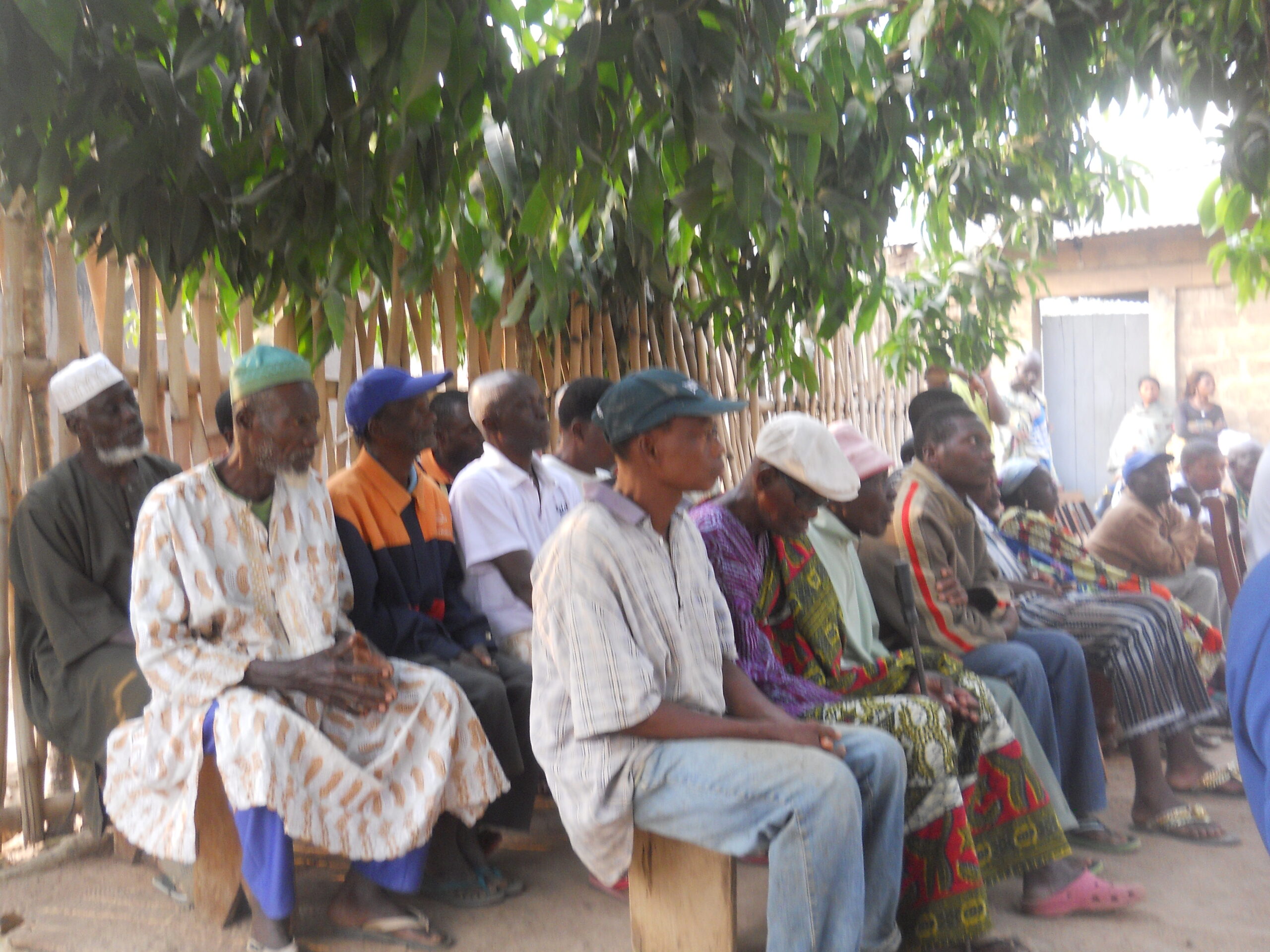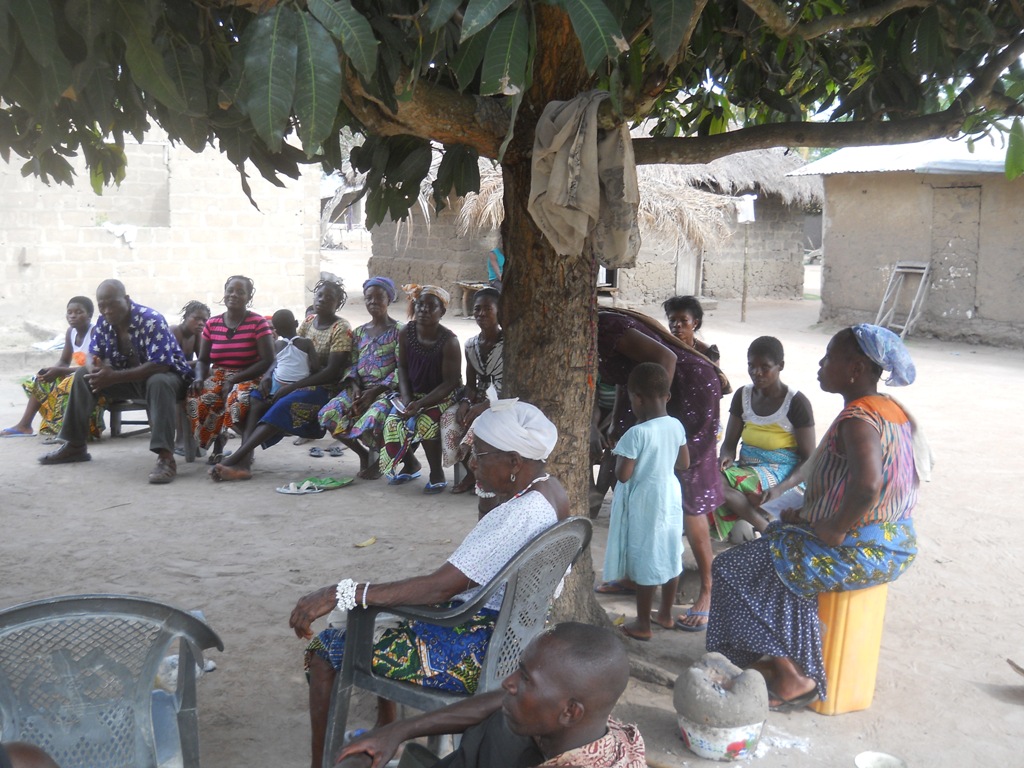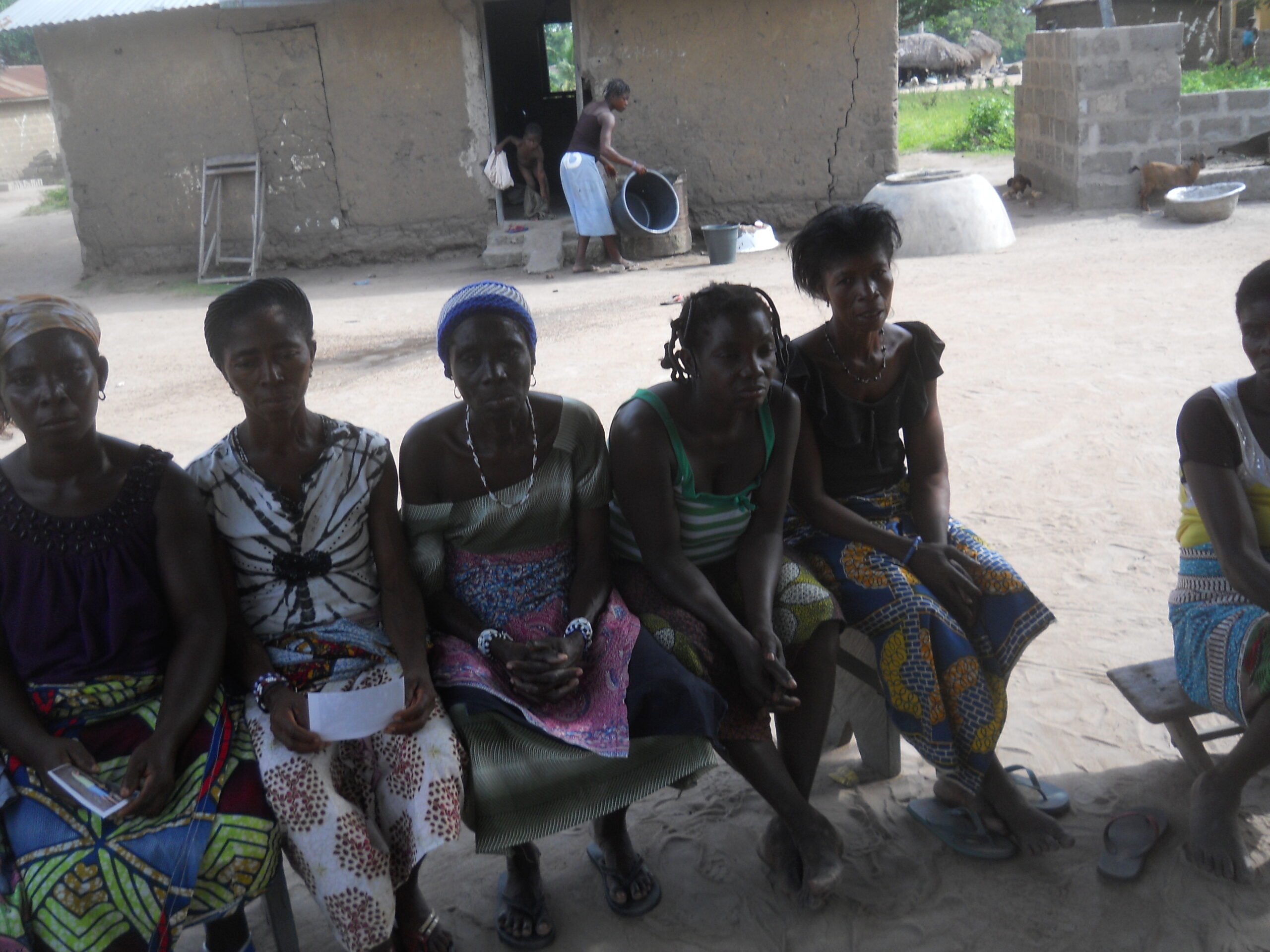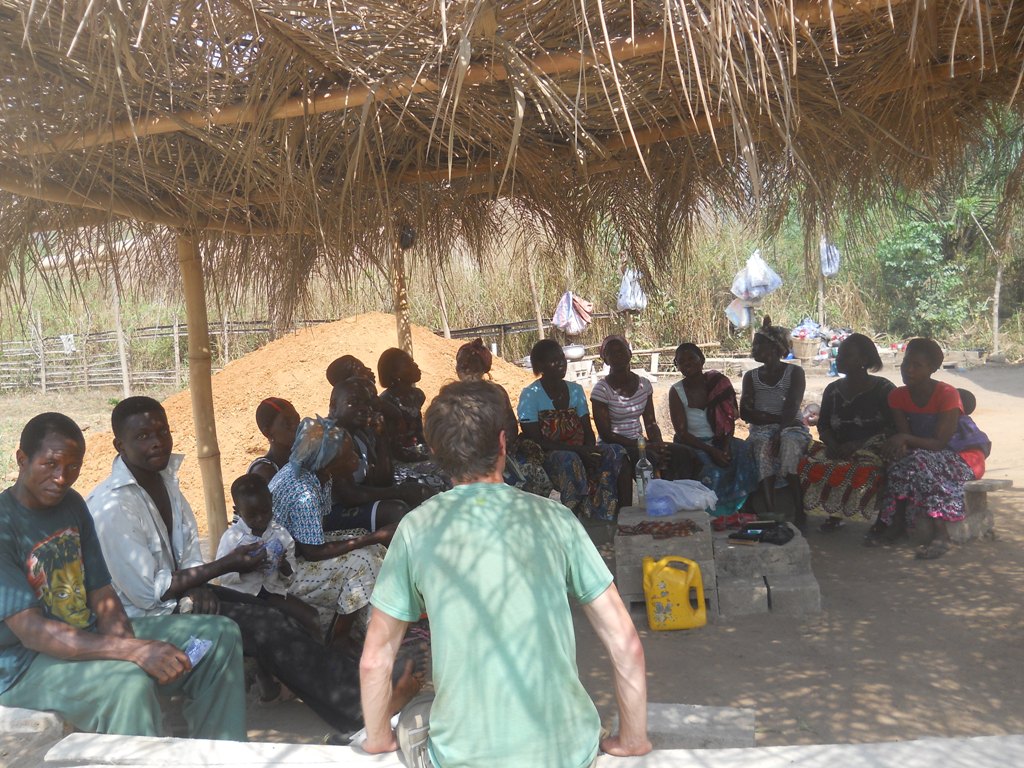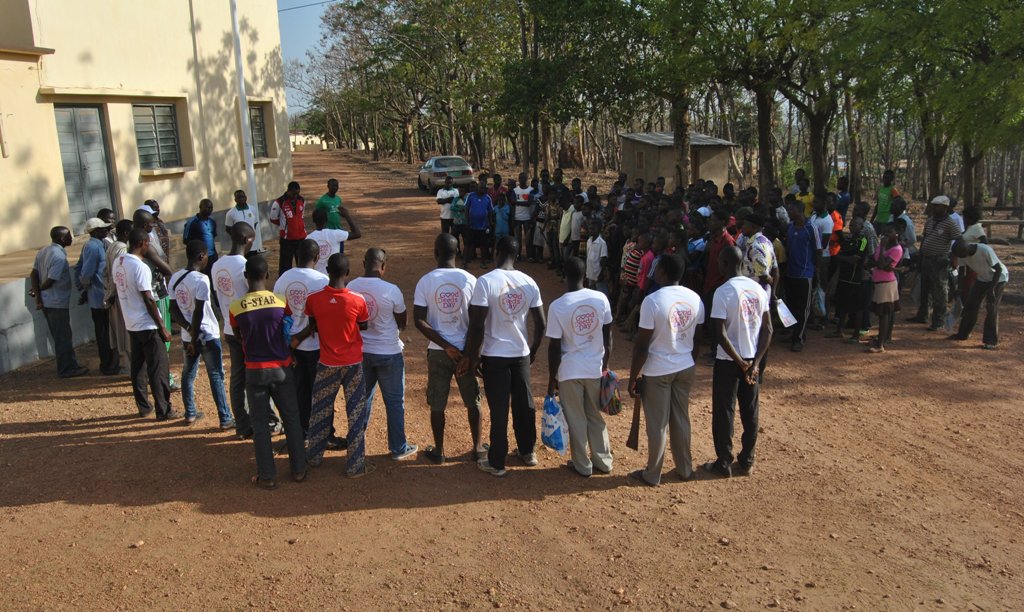Each expatriate volunteer must pay a participation fee of €850 euro to the NGO Centre des Hommes. This pays for accommodation, food, travel from Lomé to the work camp place, management of the project during the entire stay, and above all, for the project. It also helps volunteers who cannot afford the participation fee to participate in the program. Special outings are provided by the CDH from the participation fee. For the best functioning of the project, we try to recruit volunteer groups of 20 people at a time.
Learn more about Participation Fees.
Information:
Any volunteers who will come to our project or program must receive an invitation letter, signed by the Executive Director of CDH. This invitation letter contains the reason for travel, the duration and so on. In addition to the invitation letter some other documents may be sent to the volunteer, or may be required from the volunteer, as proof of the right to enter the country. We invite you to contact us and make sure that you hold the necessary documentation before you leave from your country to Togo.
Learn more about Volunteer Useful Information.
